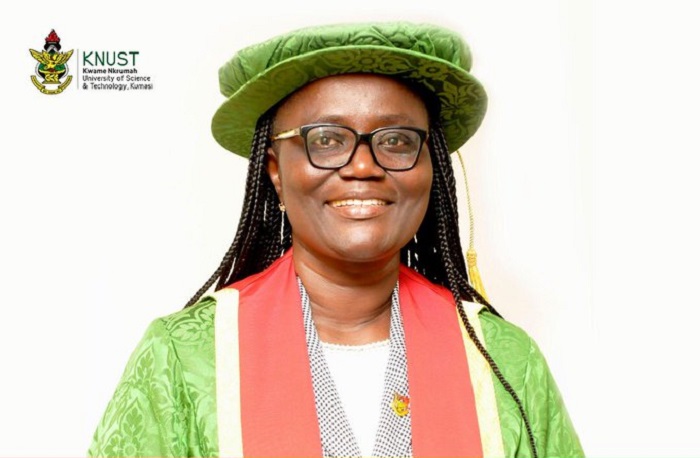In a landmark announcement today, the World Health Organization has recommended the use of the first-ever malaria vaccine. RTS,S, also known as Mosquirix. Specifically, the WHO says it should be deployed for children in sub-Saharan Africa and other areas where with moderate to high malaria transmission. The announcement follows in the footsteps of huge vaccine advancements around the COVID-19 pandemic. To be clear, though, RTS,S isn’t an mRNA vaccine, which have the potential to make an even bigger impact on malaria and other diseases that have affected humans for ages.
“This is a historic moment. The long-awaited malaria vaccine for children is a breakthrough for science, child health and malaria control,” WHO Director-General Dr Tedros Adhanom Ghebreyesus said in a statement. “Using this vaccine on top of existing tools to prevent malaria could save tens of thousands of young lives each year.”
RTS,S has an efficacy rate of preventing 39 percent against malaria cases and 29 percent of severe cases, based on trials in Africa involving small children. That may seem particularly low, but when combined with other anti-malarial tools, like bed netting with insecticide, the WHO says the vaccine could potentially save tens of thousands of lives annually. The organization estimates that more than 260,000 African children (out of around 500,000 people total) die from malaria every year.
Crucially, the WHO also says RTS,S can be deployed easily, is safe to use and is cost effective to roll out. According to The Guardian, the company behind the vaccine, GlaxoSmithKline (GSK), says it will supply up to 15 million doses annual at no more than 5 percent of the production cost. The WHO and GSK are looking for additional sources of funding from partners and governments.
RTS,S is just the start, though. Thanks to mRNA-based technology, which can teach our bodies how to respond to specific diseases, Oxford University’s R21 vaccine is up to 77 percent effective when it comes to preventing malaria. And based on tests so far, it’s proven to be safe.
“For centuries, malaria has stalked sub-Saharan Africa, causing immense personal suffering,” Dr Matshidiso Moeti, WHO Regional Director for Africa, said in a statement. “Today’s recommendation offers a glimmer of hope for the continent which shoulders the heaviest burden of the disease and we expect many more African children to be protected from malaria and grow into healthy adults.”
All products recommended by Engadget are selected by our editorial team, independent of our parent company. Some of our stories include affiliate links. If you buy something through one of these links, we may earn an affiliate commission.
Note: This article have been indexed to our site. We do not claim legitimacy, ownership or copyright of any of the content above. To see the article at original source Click Here













